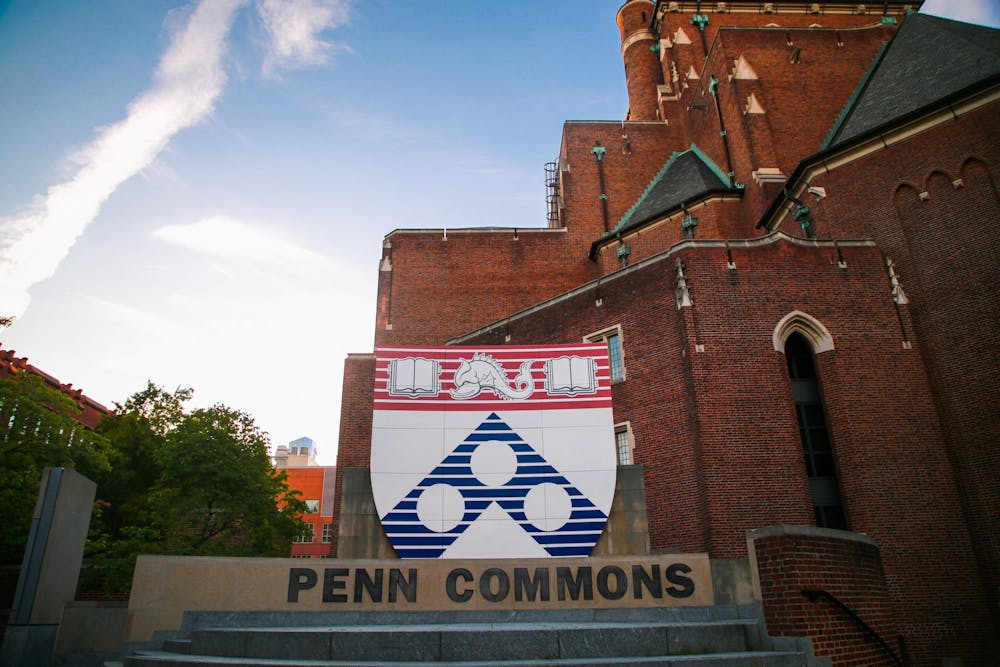
U.S. News & World Report found that students at an Ivy League school on average pay a lower cost for attendance and earn a higher median salary after graduation compared to students at top-ranked non-Ivy League schools.
Credit: Jesse ZhangIvy League students, on average, pay a lower net price of attendance and earn a higher median salary after graduation than students from other four-year universities, according to U.S. News & World Report.
U.S. News and PayScale data found that Ivy League graduates earn a higher median pay than graduates from other universities for both early- and mid-career.
Median pay in early-career, defined as three years of work experience, is $86,025 and $58,643 for Ivy League and non-Ivy League graduates, respectively. After 20 years of experience, this gap widens to $161,888 and $101,777.
Penn's early-career median pay is $86,400, and its mid-career median pay is $165,700, according to U.S. News data.
Cost of attendance is another central concern for students assessing the return on investment of their college education. According to U.S. News data, the net price of attending a top-ranked non-Ivy League school is higher on average than attending an Ivy League school.
Ivy League students pay $23,234 in annual tuition after financial aid, and students at other universities pay more than $32,000.
The difference is partly due to “no loans” policies, which promises to meet full financial needs by replacing federal loans with scholarships, grants, and work-study.
Most Ivy League schools, except Columbia University, which declined to answer the recent U.S. News survey, were all in the top 20 Best Value Schools, and most also have a no loans policy.
Penn’s average cost after aid is slightly higher than the overall Ivy League average, sitting at $25,046, according to U.S. News data. The University instituted a “no loans” policy in 2006, announcing that eligible students would not be in debt upon graduation.
Net price data only takes into account the tuition for students who qualify for need-based aid. However, Jeff Strohl, director of research at the Georgetown University Center on Education and the Workforce, told U.S. News that most Ivy League students come from high-income backgrounds and often don’t require aid.
“In general, we’re going to start off with the bias — and it plays out through some data — that privilege begets privilege,” Strohl said.
In 2011, a National Bureau of Economic Research study found that the economic benefit of a degree from a selective college is higher for students from disadvantaged backgrounds.
Strohl identified access to better recruitment as one benefit of an Ivy League education.
“There are other less selective schools with rigorous coursework whose students might get passed up because some employers have a bias toward the reputation of Ivy League schools,” Strohl said.
The Daily Pennsylvanian is an independent, student-run newspaper. Please consider making a donation to support the coverage that shapes the University. Your generosity ensures a future of strong journalism at Penn.
Donate







